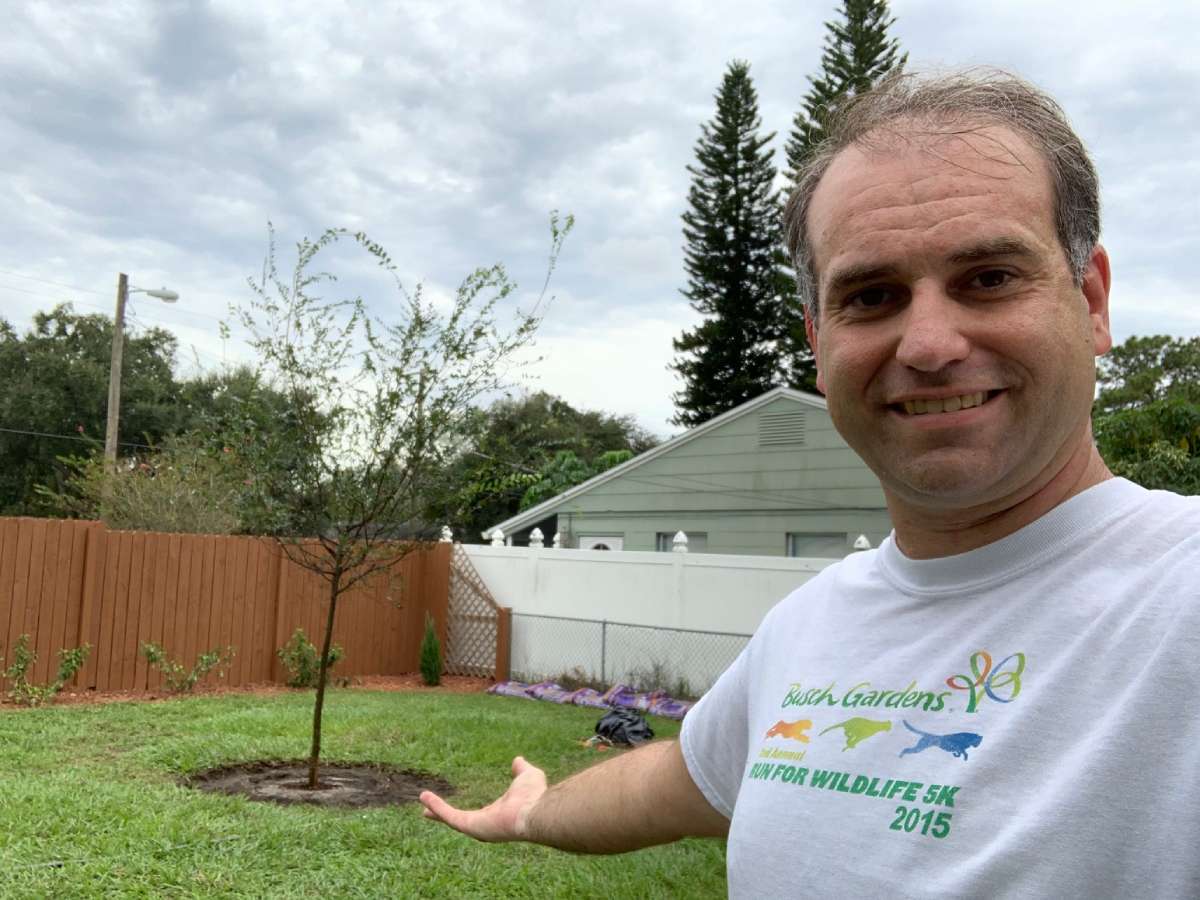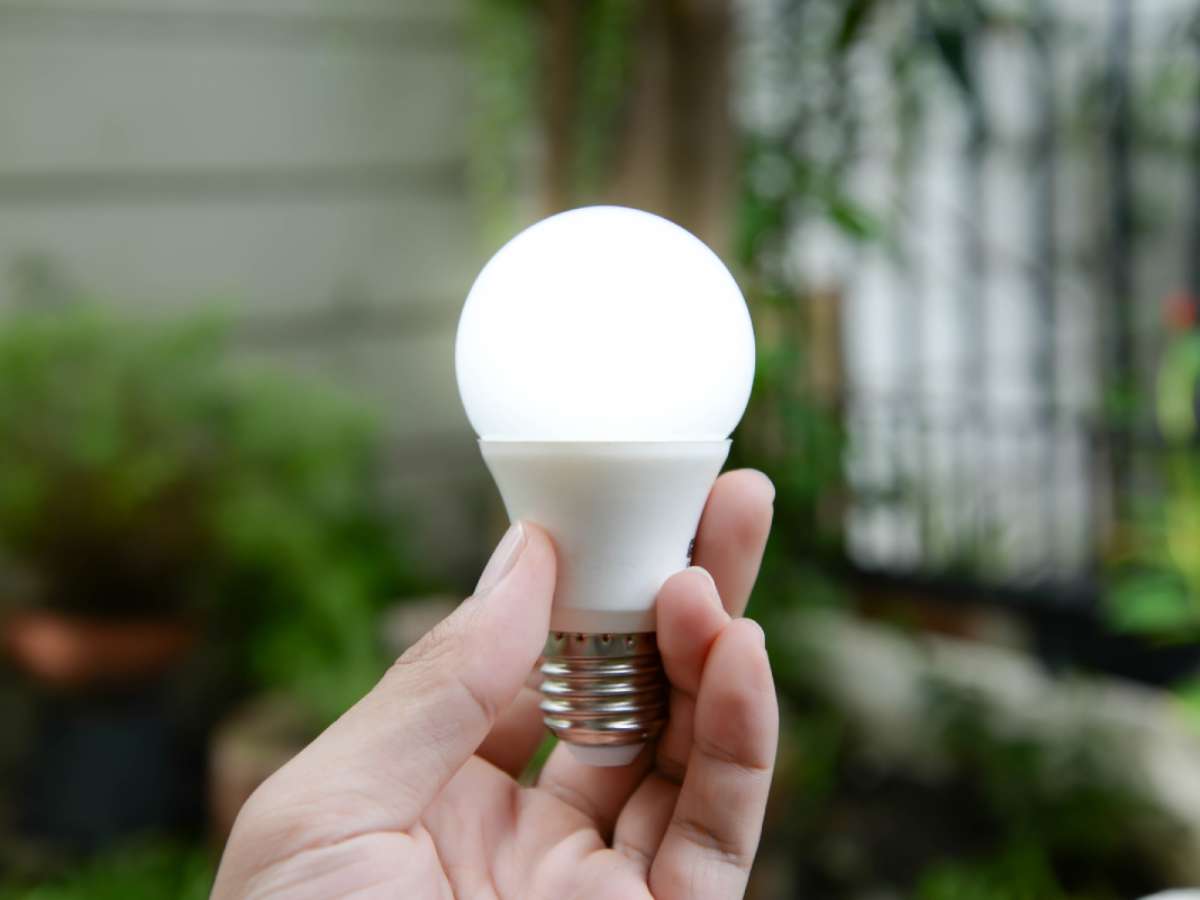 With Valentine’s Day coming up, don’t forget to send your sweetheart a beautiful bouquet of neurotoxins.
With Valentine’s Day coming up, don’t forget to send your sweetheart a beautiful bouquet of neurotoxins.
That’s right.
Consumer Reports’ GreenerChoices.org reports that “more pesticides are used on a per-acre basis to grow flowers than any other agricultural product. Hazardous pesticides used on roses include possible carcinogens, such as paraquat, and neurotoxins, such as chlorpyrifos.”
Although “green” and sustainably grown roses have been available for quite some time, they make up but a tiny fraction of the $10 billion cut-flower industry in the United States — which may account for why you’ve most likely never heard of them.
International growers who export their crops to the US have an added bonus to liberally douse their flowers in harmful chemicals and carcinogens, as entire shipments can be refused entry to our country in the event of a suspected infestation of the crop.
Consider showing some love to the growers who don’t compromise in such a way (and show some love to the one you love) by looking for flowers and growers with these labels:
![]() Organic. This label and/or term means flowers were grown without the most persistent pesticides and synthetic fertilizers, as well as without genetic engineering or ionizing radiation. Growers emphasize the use of renewable resources and conserving soil and water to enhance environmental quality.
Organic. This label and/or term means flowers were grown without the most persistent pesticides and synthetic fertilizers, as well as without genetic engineering or ionizing radiation. Growers emphasize the use of renewable resources and conserving soil and water to enhance environmental quality.
 Veriflora. This certification addresses both environmental and social issues. The use of pesticides and fertilizers is restricted, and flowers are grown using water-, soil-, and habitat-conservation measures. Farm laborers are compensated and protected according to international, national or locally recognized standards.
Veriflora. This certification addresses both environmental and social issues. The use of pesticides and fertilizers is restricted, and flowers are grown using water-, soil-, and habitat-conservation measures. Farm laborers are compensated and protected according to international, national or locally recognized standards.
 Biodynamic. These flowers are grown without the use of synthetic pesticides, fertilizers, genetic engineering, and animal by-products. Additionally, flowers may not be grown in areas subject to strong electromagnetic fields.
Biodynamic. These flowers are grown without the use of synthetic pesticides, fertilizers, genetic engineering, and animal by-products. Additionally, flowers may not be grown in areas subject to strong electromagnetic fields.
Here’s more information about buying organic flowers.
One additional idea is to purchase your flowers, that may or may not be certified, from a local grower. Find one near you at LocalHarvest.org.



